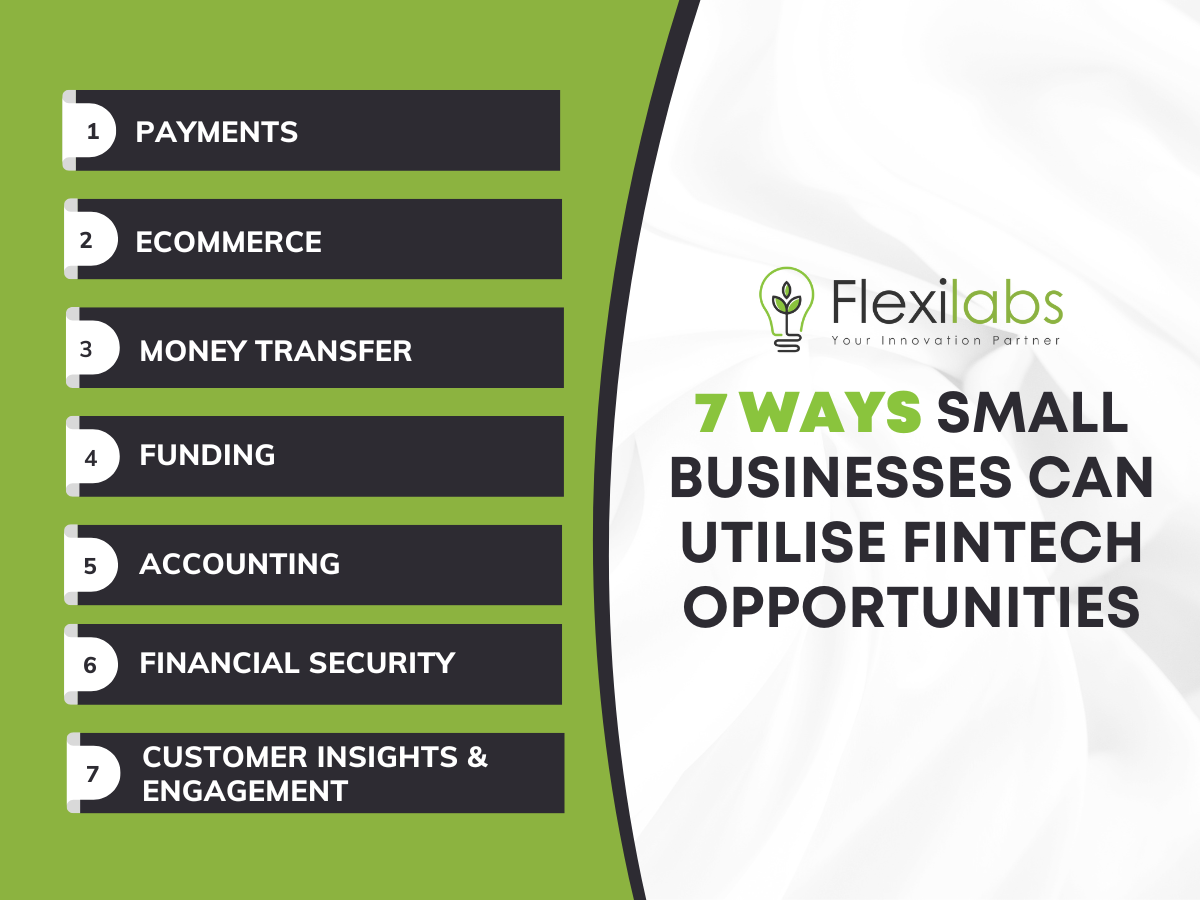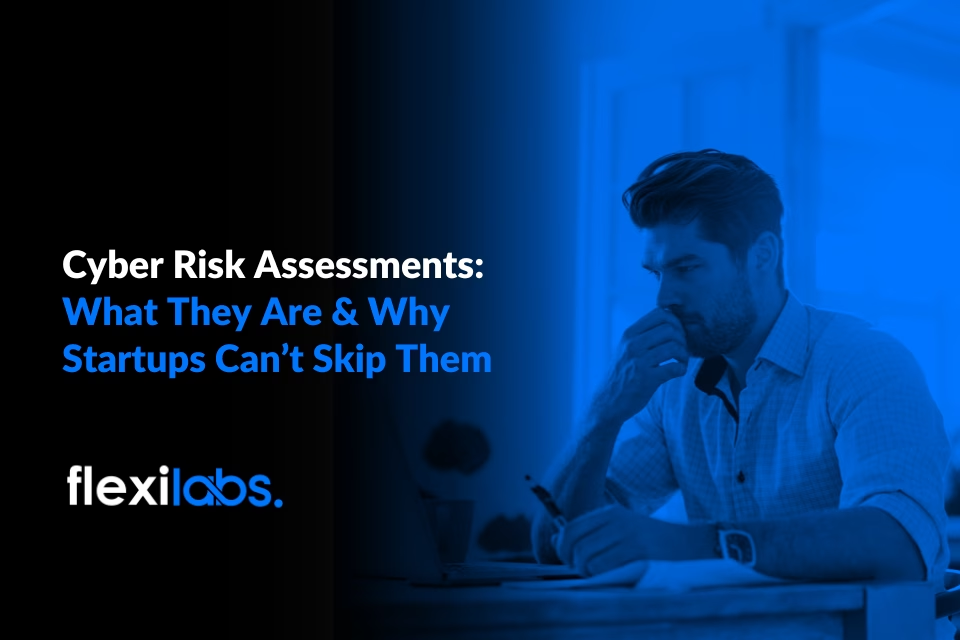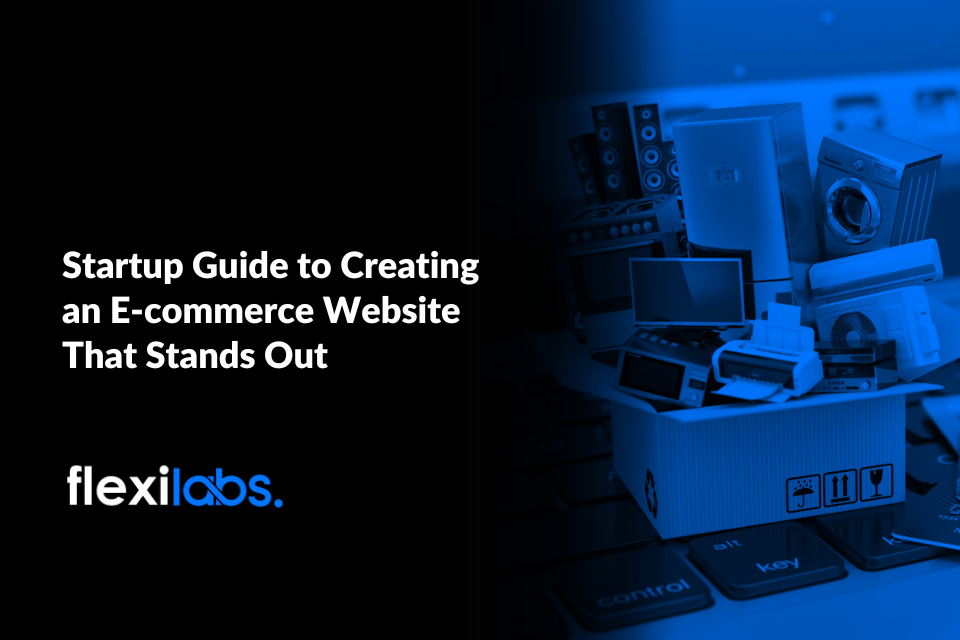FinTech has provided plenty of growth in a lot of sectors of commerce. For a small business, they can provide opportunities that were not readily available before.
Small businesses play a vital role in Australia. In fact, according to the Australian Banking Association, small and medium enterprises (SMEs) makeup 98% of the 2.6 million businesses in the country.
They are essentially the lifeblood of Australia’s economy. Having said that, with FinTech opportunities becoming more accessible, it only makes sense for entrepreneurs to utilise these to establish and further grow their small businesses.
What is FinTech?
It is short for Financial Technology. FinTech is used to describe the sector in technology that focuses on improving and automating the delivery and use of every possible financial service available.
It is designed to help startups, small businesses, and corporations improve and streamline the management of their financial operations and processes using specifically designed software and algorithms.
Originally, it was relegated to back-office operations for banks and other established financial institutions. However, with the internet revolution and the improvement in the capabilities of smartphones, FinTech opportunities evolved into what we know and enjoy today.
7 Ways Small Businesses Can Utilise FinTech Opportunities
Having said that, how can FinTech help small businesses tap these opportunities and further develop their operations and processes? Here are a couple of ways to do just that:
Payments
According to a report by Statista, digital payments in Australia are projected to show an annual growth rate of 16% from the year 2022 to 2027, which amounts to a total of 191.20 billion USD by the end of 2027.
This is further underlined by a 2019 report from the Reserve Bank of Australia. Before the pandemic, 4 out of 5 people already preferred to use contactless payment options, particularly debit and credit cards. While at the time of the report, only 1 out of 20 people opt to use their smartphones for in-person payments.
For small business owners, having the capability to accept digital payments enables them to serve more customers, regardless of whether they operate online, in-store, or both. In fact, merely communicating that there are available digital payment options can potentially increase their customer base.

Ecommerce
At the height of the pandemic back in 2020, the restrictions put in place drove people to rely on online shopping and online transactions, which led to record-high figures for eCommerce during that time.
In fact, according to a report by Statista, there were over 5.1 million households that used online shopping websites on a monthly basis. That is a 39% jump for eCommerce compared to the previous year.
As one of the viable FinTech opportunities, eCommerce has the potential for a small business to reach more customers. With the present services available online now, there are plenty of eCommerce platforms that have dedicated support, enabling business owners to migrate to e-commerce with ease and convenience.
Money Transfer
According to a 2022 report by Finder, Australia saw an inflow of remittances of 922 million USD just in 2021. This shows a drop from the 1,752 million USD in 2020 and 1,861 million USD in 2019.
Opposite to that, remittances sent from Australia showed a total of 3,804 million USD last 2021. Similarly, it showed a downtrend since it was lower than the total value of remittances of 4,359 million USD back in 2020 and 7,439 million USD in 2019.
Having said that, FinTech offers solutions that are secure, quick, and convenient. Money transfers and remittances provide small business owners with an opportunity to expand internationally to reach other customers and even employ talented workforce from other parts of the world with lower labour costs.
Funding
FinTech provides more funding sources for small business owners. In fact, applying for business loans via FinTech institutions is a lot easier and quicker. Essentially, they require fewer hoops for entrepreneurs to go through compared to the typical bank loan application process.
Given that SMEs make up a large chunk of enterprises in the country, the Australian government has also taken steps to further promote growth. In a report by the OECD iLibrary, the policies created by the Australian government include innovative financing options and crowd-sourced equity funding. This provides diversified funding options for small businesses and gets ample support from the government.
Accounting
According to a report by Statista, SMEs and corporations in Australia utilised paid cloud computing services for financing and accounting software. In fact, back in the financial year of 2020, the total percentage of businesses using a FinTech solution for accounting operations was up to 80.4%.
This shows FinTech solutions enable small business owners to conveniently perform accounting processes and bypass the exhaustive paperwork that comes with traditional accounting methods. In addition, accounting software can help small businesses keep track of their finances while keeping accounting costs low.
Financial Security
Cybercrimes in Australia are on the rise, including data breaches. In fact, according to the Australian Institute of Criminology, the total cost for SMEs, corporations, and organisations’ loss of sensitive and financial data amounts to 1 billion USD per year.
Additionally, in the ACSC Annual Cyber Threat 2022 Report, a data breach of a small business costs up to 39,000 USD, 88,000 USD for medium-sized businesses, and 62,000 USD for large businesses. These numbers show an increase of 14% compared to the previous year.
These facts underline the importance of data and financial security. On the bright side, FinTech companies have stepped up and provided increased security for all financial and accounting processes. This ensures the well-being of small businesses and their customers.
Customer Insights & Engagement
Last on the list of FinTech opportunities are customer insights and engagement.
Having insight enables small business owners to better understand the patterns of the customers, such as spending habits, interests, and what encourages them to make a purchase.
In addition, you can combine insights with email, SEO, and social media campaigns and effectively boost engagement and potentially increase the chances of converting interested audiences into paying customers.
Final Thoughts
At its core, FinTech makes financial operations and processes more convenient and streamlined. This essentially overcomes the time-consuming traditional methods we have utilised in the past.
These solutions revolutionise how small businesses conduct their financial and accounting operations. More importantly, these empower entrepreneurs and people who want to start their own businesses because of the ease and efficiency solutions provide.
If you have an idea related to FinTech that you want to develop, contact Flexilabs! We help startups test and validate their ideas. Visit our website to learn more about our startup offering.










